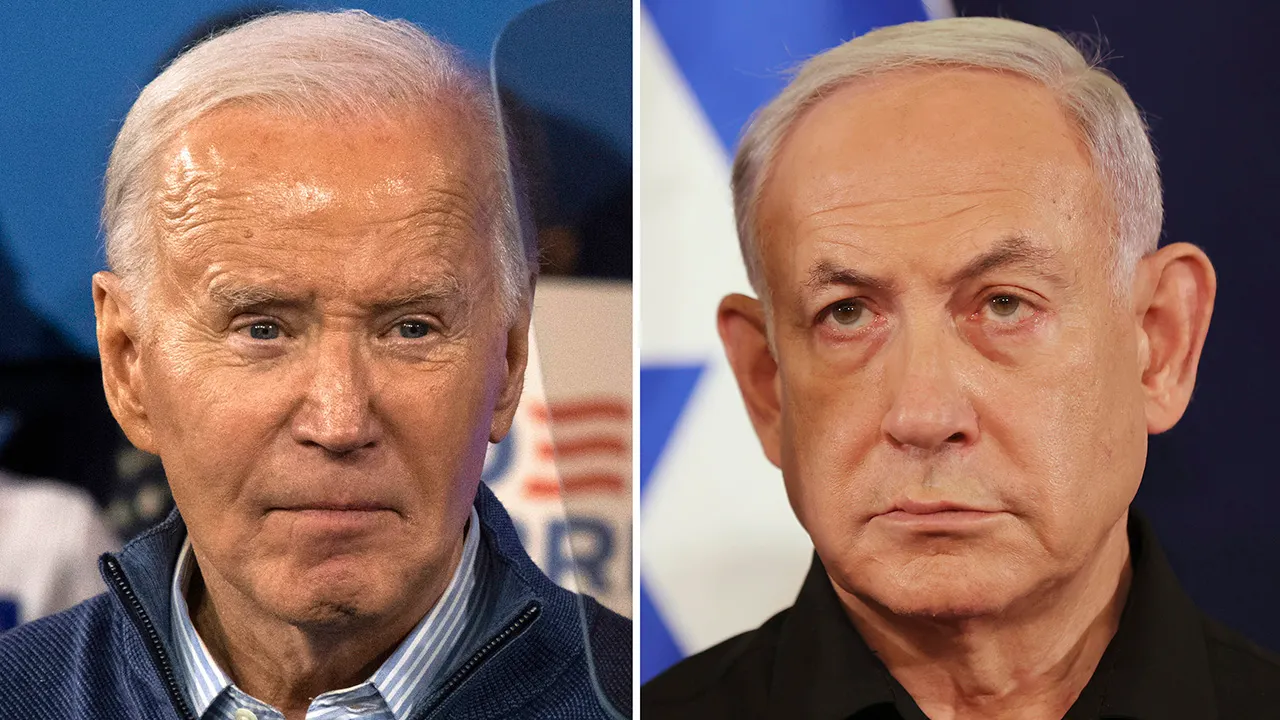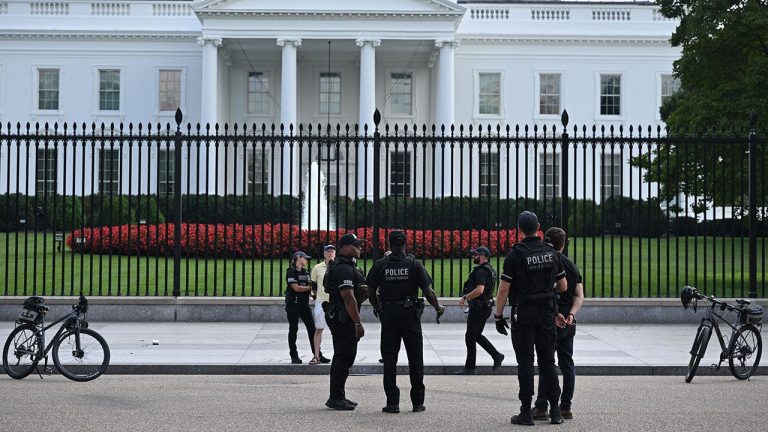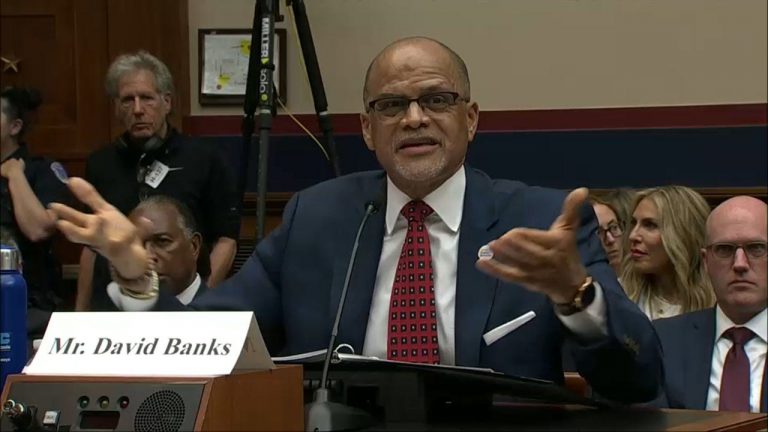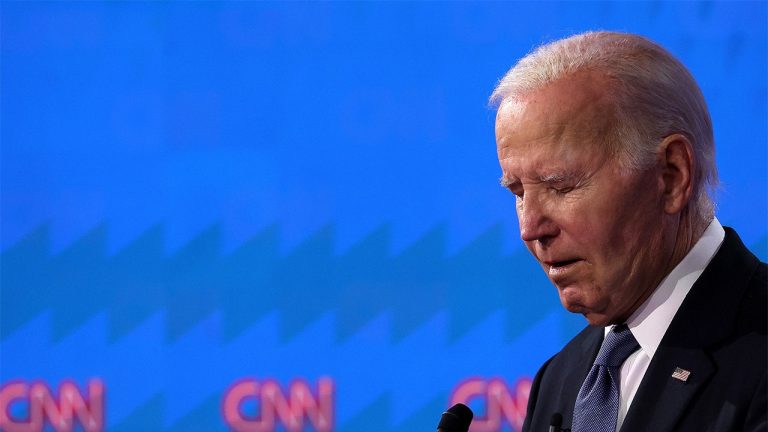US-Israel high-level meeting canceled, White House official says details not finalized.
Amidst new revelations about Iran’s nuclear program, senior officials had planned to meet on Thursday to discuss the matter. However, plans for the meeting were put on hold after Israeli Prime Minister Benjamin Netanyahu publicly criticized the lack of U.S. military support for Israel.
Hours after news of the canceled meeting broke, Netanyahu released a pre-recorded video in English, expressing his concerns about the U.S. military aid situation. In the video, he described the recent lack of support as “inconceivable.”
Despite the cancellation, a White House official confirmed that plans for the meeting were still in progress but had not been fully confirmed.
Richard Goldberg, a senior adviser at the Foundation for Defense of Democracies, interpreted Netanyahu’s video as a glimpse into the Biden administration’s policies. He suggested that the president’s actions were akin to siding with Iran against Israel, leaving the Israeli nation vulnerable to threats from Iran-backed terrorist groups like Hamas and Hezbollah.
The proposed meeting aimed to address Iran’s acquisition of a computer modeling program that could potentially be used to advance its nuclear weapons program. There is ongoing debate among officials regarding Iran’s intentions behind obtaining this technology – whether it is for peaceful purposes or signals a more aggressive nuclear agenda.
While a spokesman for the Prime Minister’s Office declined to provide further details on the canceled meeting, he emphasized the importance of ongoing discussions between Israel and the U.S. at all levels.
Reports suggest that some Israeli officials were already traveling to the U.S. when they were notified of the meeting’s cancellation, underscoring the last-minute nature of the decision.
In his video message, Netanyahu referenced a recent conversation with Secretary of State Antony Blinken during the latter’s visit to Israel. Despite expressing gratitude for U.S. support, Netanyahu also voiced his disappointment over the administration’s delay in providing military equipment to Israel.
As tensions mount in the Middle East, with anti-Israel protests and acts of vandalism making headlines, the strained relationship between the U.S. and Israel adds another layer of complexity to the region’s geopolitics.
While the specifics of future discussions between U.S. and Israeli officials remain uncertain, the underlying issues of security, nuclear proliferation, and regional stability continue to loom large on the diplomatic agenda.








